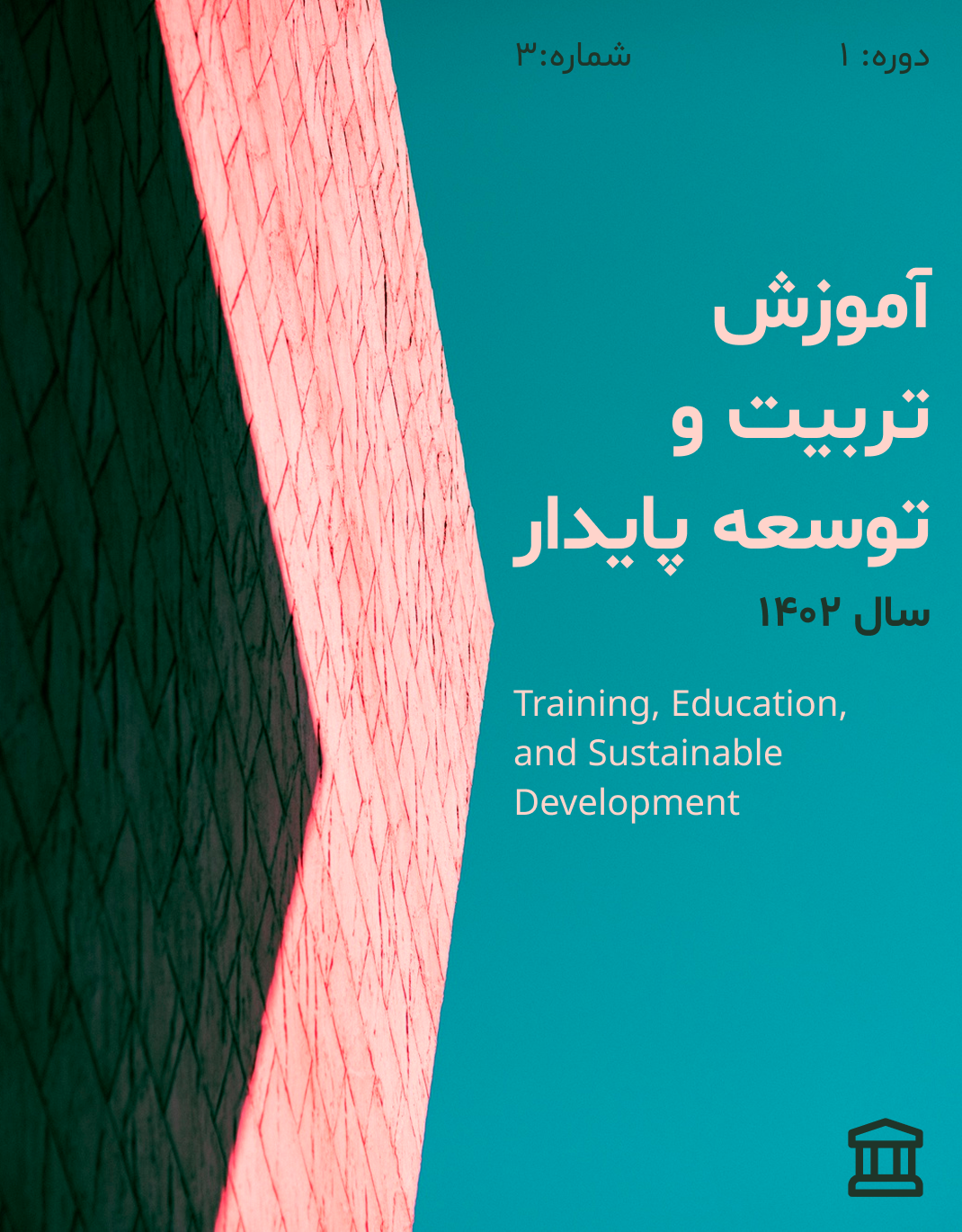A Qualitative Analysis of Barriers to Implementing Problem-Based Learning in Public Schools
Keywords:
Problem-Based Learning, Implementation Barriers, Public Schools, Qualitative Analysis, Curriculum, Educational InnovationAbstract
The aim of this study was to identify and qualitatively analyze the barriers to implementing problem-based learning (PBL) in Iranian public schools from the perspectives of teachers, principals, and educational experts. This research employed a qualitative approach using inductive content analysis. Participants included 18 teachers, school principals, and curriculum specialists from public schools in Tehran, selected through purposive sampling with maximum variation. Data were collected through semi-structured interviews until theoretical saturation was reached. The data were analyzed using NVivo software through initial coding, concept extraction, categorization of subthemes, and identification of main themes. The results revealed three main categories: "structural and organizational barriers," "individual and attitudinal barriers," and "curriculum and content challenges." Subthemes included lack of resources, overcrowded classrooms, limited instructional time, teacher resistance to change, parental misconceptions, inadequate teaching skills, curriculum-content misalignment, lack of design models, and ineffective assessment methods. These findings provide a comprehensive picture of the multifaceted obstacles hindering PBL implementation in public schools. The study concluded that implementing PBL in Iranian public schools faces complex challenges at structural, individual, and curricular levels. Overcoming these barriers requires educational policy reform, teacher empowerment, infrastructural support, and curriculum redesign to align with active learning paradigms.
Downloads
References
Barrows, H. S. (1996). Problem-based learning in medicine and beyond: A brief overview. New directions for teaching and learning, 1996(68), 3–12.
Belland, B. R., French, B. F., & Ertmer, P. A. (2009). Validity and problem-based learning research: A review of instruments used to assess intended learning outcomes. Interdisciplinary Journal of Problem-Based Learning, 3(1), 59–89.
Dolmans, D. H., De Grave, W., Wolfhagen, I. H., & Van Der Vleuten, C. P. (2005). Problem-based learning: Future challenges for educational practice and research. Medical education, 39(7), 732–741.
Ertmer, P. A., & Simons, K. D. (2006). Jumping the PBL implementation hurdle: Supporting the efforts of K–12 teachers. Interdisciplinary Journal of Problem-Based Learning, 1(1), 5.
Hmelo-Silver, C. E. (2004). Problem-based learning: What and how do students learn? Educational Psychology Review, 16(3), 235–266.
Hung, W. (2011). Theory to reality: A few issues in implementing problem-based learning. Educational Technology Research and Development, 59(4), 529–552.
Mergendoller, J. R., Maxwell, N. L., & Bellisimo, Y. (2006). The effectiveness of problem-based instruction: A comparative study of instructional methods and student characteristics. The Interdisciplinary Journal of Problem-Based Learning, 1(2), 49–69.
Rahimi, M., & Sajjadi, S. M. (2019). Barriers to applying new educational methods in Iranian schools: A review study. Iranian Journal of Educational Studies, 2(1), 65–77.
Safari, M., & Salehi, A. (2020). A review of educational reforms in Iranian schools: From policy to practice. Journal of Education and Learning, 9(4), 23–33.
Downloads
Published
Submitted
Revised
Accepted
Issue
Section
License

This work is licensed under a Creative Commons Attribution-NonCommercial 4.0 International License.


